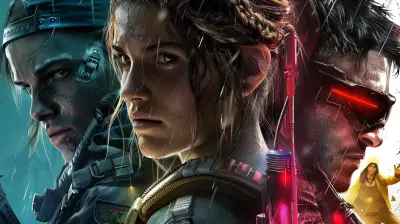The Role of Nostalgia in the Popularity of Game Remasters
3 August 2025
If you've been keeping tabs on the gaming scene over the last few years, you’ve likely noticed a surge of familiar titles popping back up on modern consoles and PCs—shiny and polished, sporting new textures, updated controls, and all the charm of their original versions. These aren’t just random throwbacks. They're remasters. And there’s a big reason behind their rise: nostalgia.
Nostalgia packs a punch. It’s a powerful force that tugs at our heartstrings, transports us back to simpler times, and often convinces us to empty our wallets for a digital trip down memory lane. But why exactly are game remasters so appealing, and what is it about nostalgia that makes them irresistible to both players and developers? Let’s dig deep into the role nostalgia plays in the popularity of game remasters.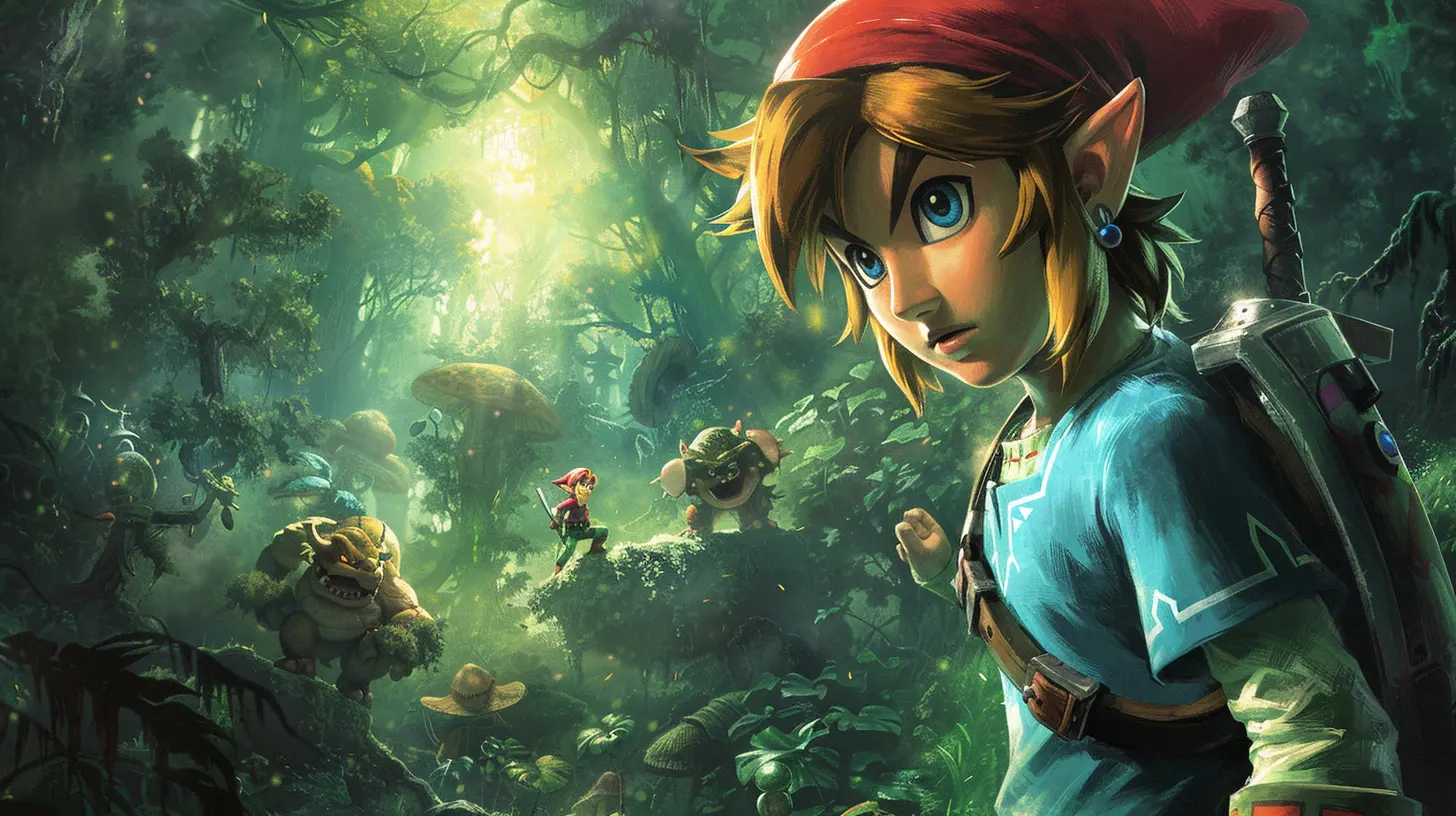
What Is a Game Remaster, Really?
Before we dive into the warm, fuzzy feelings, let’s clear the air about what classifies as a remaster. A game remaster typically involves updating the graphics, UI, and sound while keeping the core gameplay and storyline largely untouched. It’s not quite a remake (those are rebuilt from scratch), and it’s definitely not a simple re-release or port.Think The Legend of Zelda: Skyward Sword HD, Halo: The Master Chief Collection, or Final Fantasy X/X-2 HD Remaster. The essence of the original games is preserved, but they’re tuned up to meet modern standards.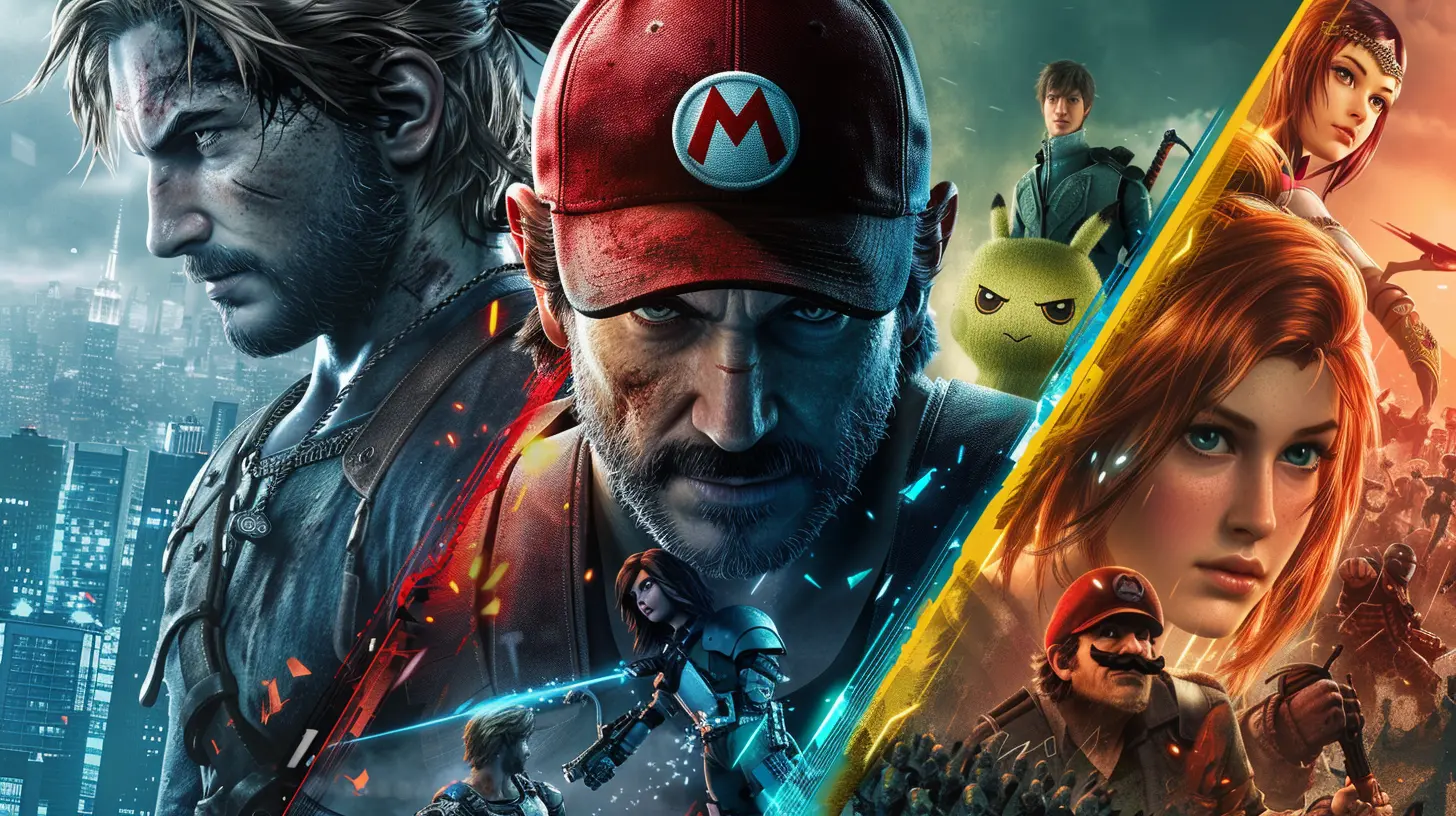
Nostalgia: More Than Just a Feeling
Let’s be honest—we all crave some form of nostalgia. Remember sitting cross-legged in front of a chunky CRT TV, controller tangled like spaghetti, heart pounding as you tried to beat that impossible boss? Or the pure joy of Friday nights with snacks and friends, passing the controller between rounds of GoldenEye or Mario Kart?Those memories are deeply embedded in our emotional circuitry. Nostalgia isn’t just reminiscing about the past—it’s reliving emotional experiences tied to identity, relationships, and personal history. When we replay a remastered game, we’re not just playing a game. We’re reconnecting with a younger version of ourselves.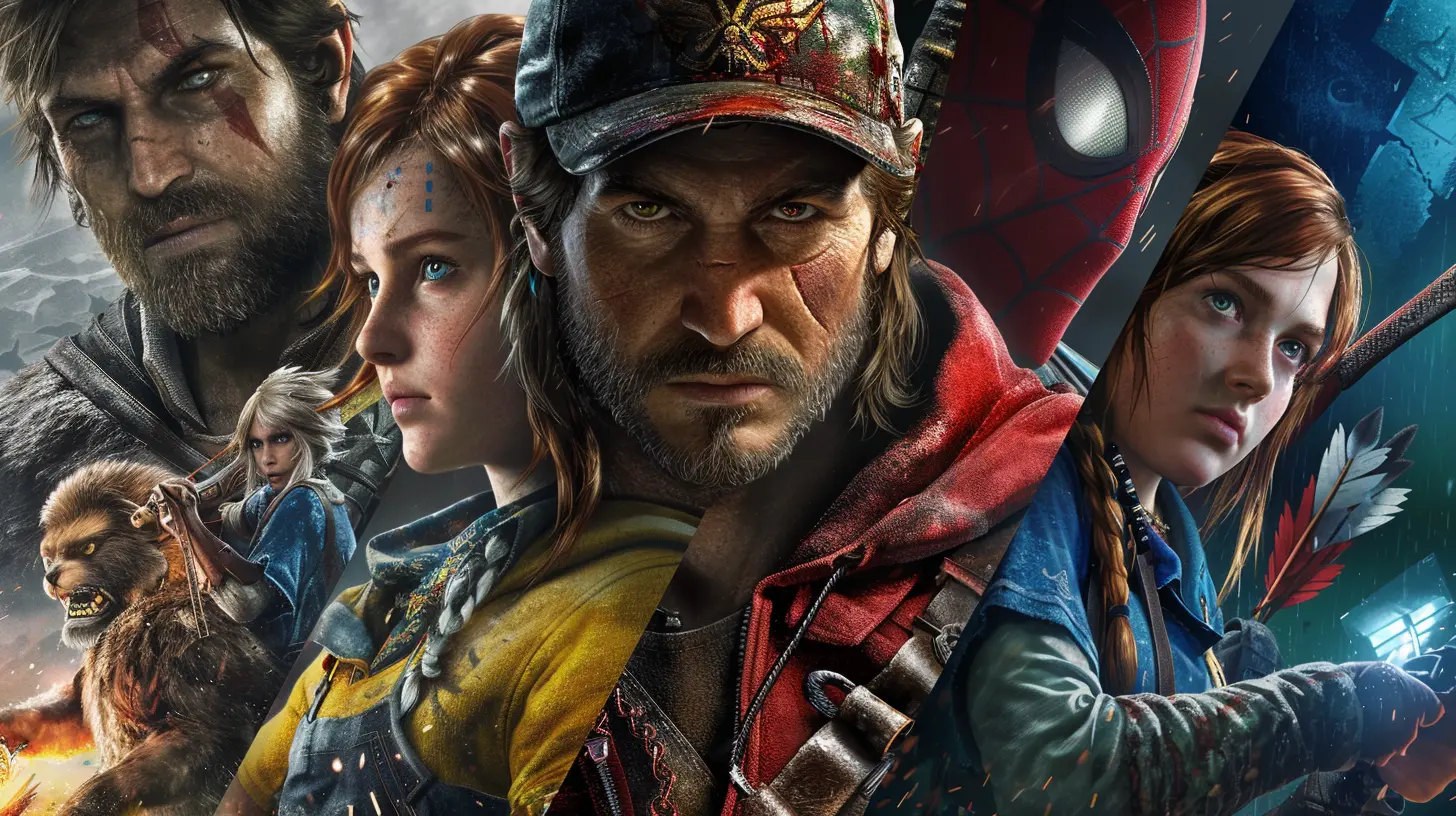
The Psychology Behind Nostalgia in Gaming
Psychologists have long studied the nostalgic mind. When players experience nostalgia, dopamine—our brain’s feel-good chemical—gets released. This gives us a sense of comfort, connection, and even optimism.In gaming, this is amplified. Why? Because video games are immersive. Unlike movies or music, games require active participation. You didn’t just watch Mario save Princess Peach. You made it happen. That agency makes the memory more vivid, more personal.
So when a remastered version of Tony Hawk’s Pro Skater or Crash Bandicoot hits store shelves, it's not just about graphics. It's about reigniting an emotional spark that’s been lying dormant.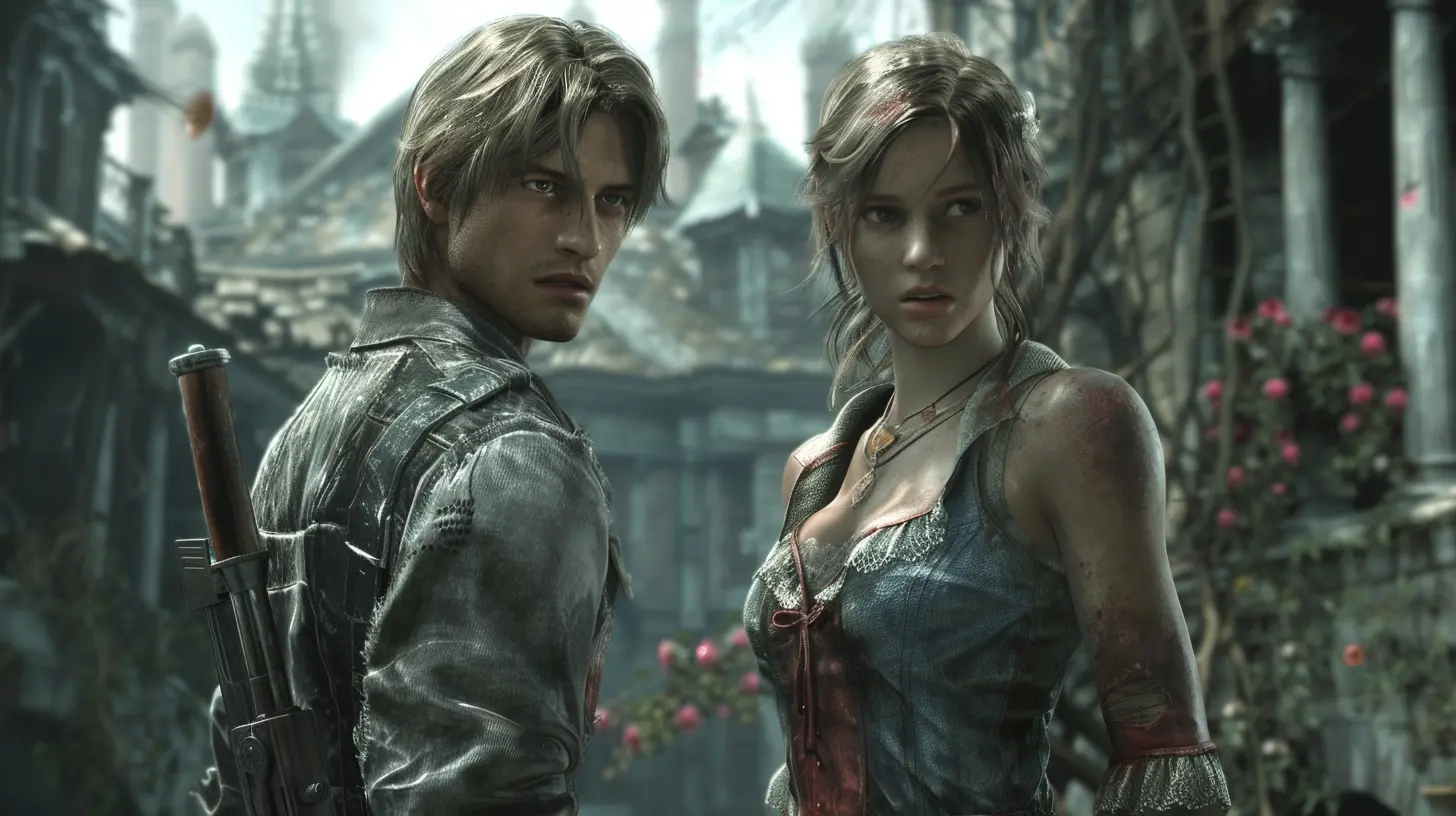
Why Developers Love Nostalgia
Now, let’s flip the script. From the developer's point of view, remasters are golden.Lower Risk, Higher Reward
Creating a brand-new game is expensive, risky, and time-consuming. Remasters, on the other hand, are like reheating leftovers—you already know it was good the first time, and all you're doing is adding a little spice. You’ve got a built-in fan base, a proven product, and a heavy dose of emotional bait working in your favor.Filling the Gaps Between New Releases
Remasters are also a great way to keep a studio relevant while bigger titles are still in development. They fill scheduling gaps without the need for massive teams or budgets. Plus, they can introduce classic franchises to younger audiences who never played the originals.Testing the Waters
And don’t forget about market research. Remastering a beloved game gives developers clues about whether there's enough interest to warrant a full-blown remake or sequel. When Resident Evil 2 Remake exploded in popularity, Capcom was basically handed a sign saying, "Yes, keep going!"Players Crave Familiarity in a Chaotic World
Let’s face it: the world’s a bit nuts right now. In times of uncertainty, people look for comfort. Whether it’s streaming old sitcoms, eating childhood snacks, or slipping back into pixelated worlds, the need for familiarity is real.Game remasters tap into that perfectly. They offer a comforting space—you know what to expect, the mechanics make sense, and the story is already etched into your memory. It’s like visiting a hometown that’s been freshly painted but still feels like home.
The Role of Remasters in Preserving Gaming History
Nostalgia isn’t just about the feels—it’s also about preservation. The gaming industry moves fast, and without remasters, many iconic titles would be left behind. Sure, emulators exist, but they're not always accessible, legal, or user-friendly.Remasters ensure that the legacy of gaming isn’t lost to time. They keep the classics alive, relevant, and playable on today’s hardware. That’s crucial for both seasoned gamers and the new generation alike.
The Social Side of Nostalgia
Gaming has always been social—whether you’re trash-talking across headsets or huddled around the same screen. Remasters give us a chance to share the games we loved with the people we love.Got kids? Introduce them to the remastered version of Spyro the Dragon or Pokémon Red and Blue. Want your friends to understand why you fell in love with RPGs? Fire up Mass Effect: Legendary Edition.
It’s about bridging generations, starting conversations, and passing down pixelated stories like family heirlooms.
When Nostalgia Fails: The Downside of Remasters
Alright, let’s not pretend it’s all sunshine and rainbows. Nostalgia can backfire. Big time.Expectations Can Be Too High
When we idolize a game from our childhood, it’s through rose-tinted glasses. We remember it as better than it probably was. So when a remaster arrives and doesn’t perfectly match our memories? Cue the disappointment.Poor remasters like Warcraft III: Reforged remind us that slapping HD textures onto a game won't fix broken mechanics or bad design. In fact, it might just tarnish the memory.
Not All Games Age Well
Let’s be honest—some games were great for their time. That doesn’t mean they stand up today. Clunky controls, outdated visuals, and problematic storylines can make even the most nostalgic remaster feel awkward.Top 5 Most Successful Game Remasters Fueled by Nostalgia
Let’s walk down memory lane and highlight a few remasters that nailed it:1. Final Fantasy VII Remastered & Integrated – A successful blend of nostalgia and innovation. Breathtaking graphics, faithful storytelling, and a modern combat system.
2. Tony Hawk’s Pro Skater 1 + 2 – Pure adrenaline and 90s punk vibes, modernized with smooth gameplay and original licensing.
3. The Legend of Zelda: Link’s Awakening – A perfect example of updating visuals while keeping the soul intact.
4. Crash Bandicoot N.Sane Trilogy – Brought platforming back with a fresh coat of paint and newfound fandom.
5. Halo: The Master Chief Collection – A nostalgic buffet for fans of classic FPS gameplay with modern-day polish.
These titles didn’t just update graphics—they respected what made the originals great.
The Future: Endless Nostalgia or Innovation?
So, where’s this trend going?If we’re being real, nostalgia will always be a part of gaming. The emotional connections we build with games are special. As long as gamers grow up and look back fondly, there's going to be a market for remasters.
That said, we can’t solely rely on the past. The key lies in balance—celebrating beloved titles while pushing the industry forward. Devs need to innovate, remix, and create new memories for future gamers.
Because let’s be honest—the games you’re playing today? In 20 years, they’ll be the ones getting remastered. And you’ll be telling someone, “You just had to be there.”
Final Thoughts: More Than Just a Trend
The rise of game remasters is about more than just making a quick buck. It’s a reflection of how deeply personal games have become in pop culture. They’re not just entertainment—they’re chapters in our personal life stories.Nostalgia sells, sure. But it also connects, comforts, and reminds us who we were. Game remasters aren’t just about revisiting the past—they're a reminder of what made us fall in love with gaming in the first place.
So next time you see a trailer for a remastered version of your childhood favorite, don’t roll your eyes. Embrace it. Boot it up. Relive it. And let the controller take you home.
all images in this post were generated using AI tools
Category:
Remastered GamesAuthor:

Brianna Reyes
Discussion
rate this article
1 comments
Finnegan Jones
Great read! Nostalgia truly shapes our gaming experiences. Remasters bring back those cherished memories while introducing classic titles to a new generation. Love it!
August 20, 2025 at 4:26 PM

Brianna Reyes
Thank you! I'm glad you enjoyed it. Nostalgia really does play a powerful role in connecting gamers across generations!

